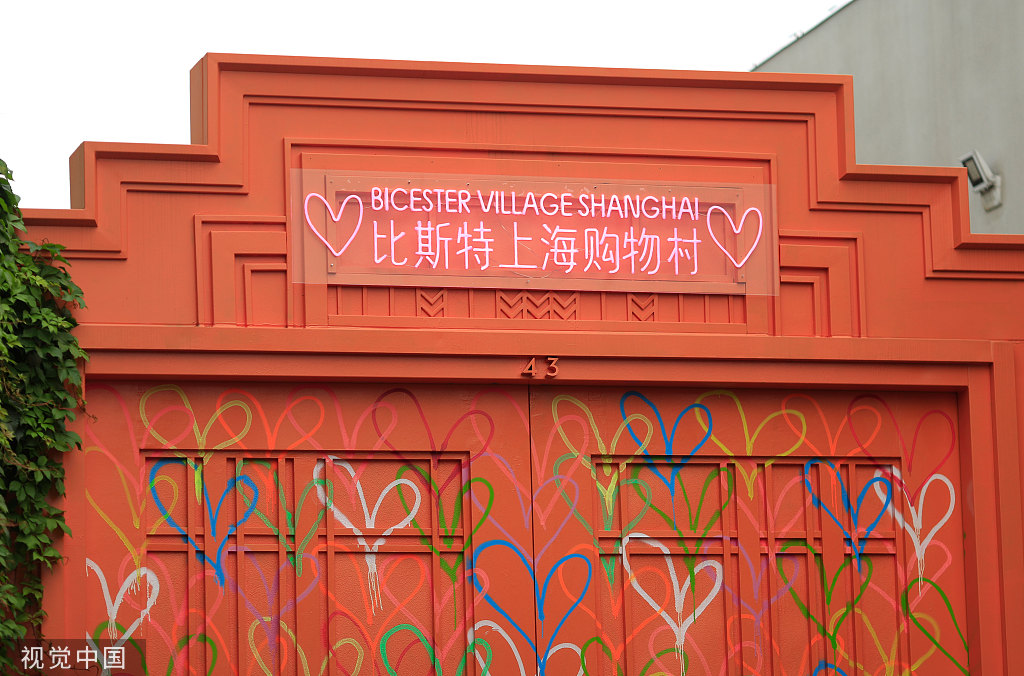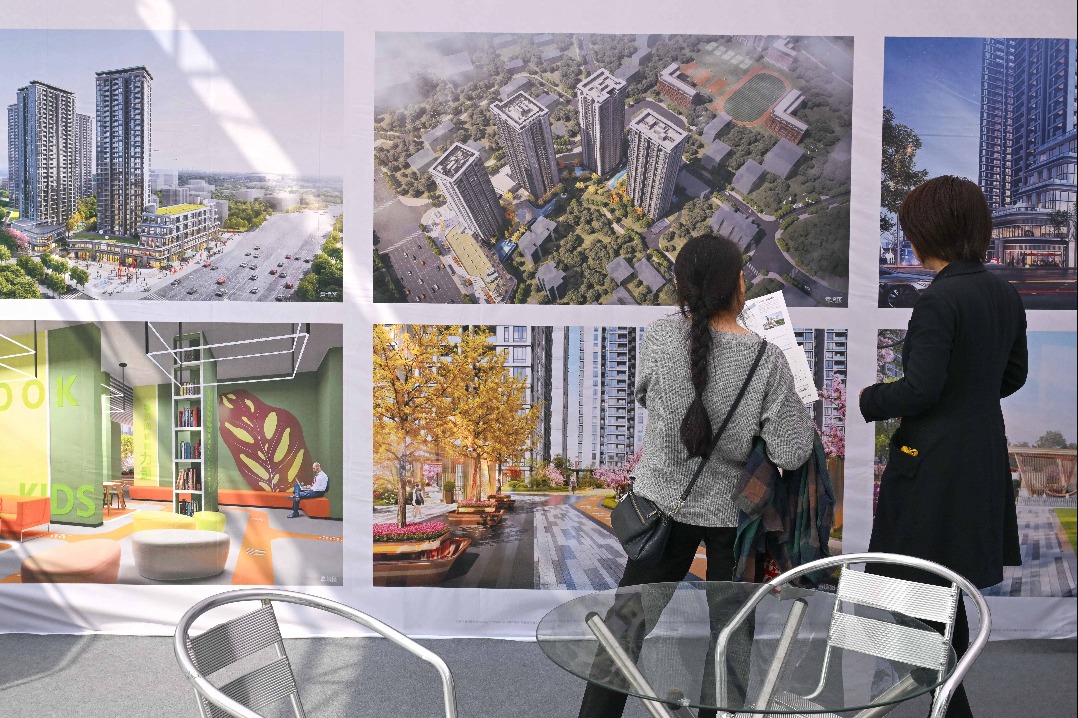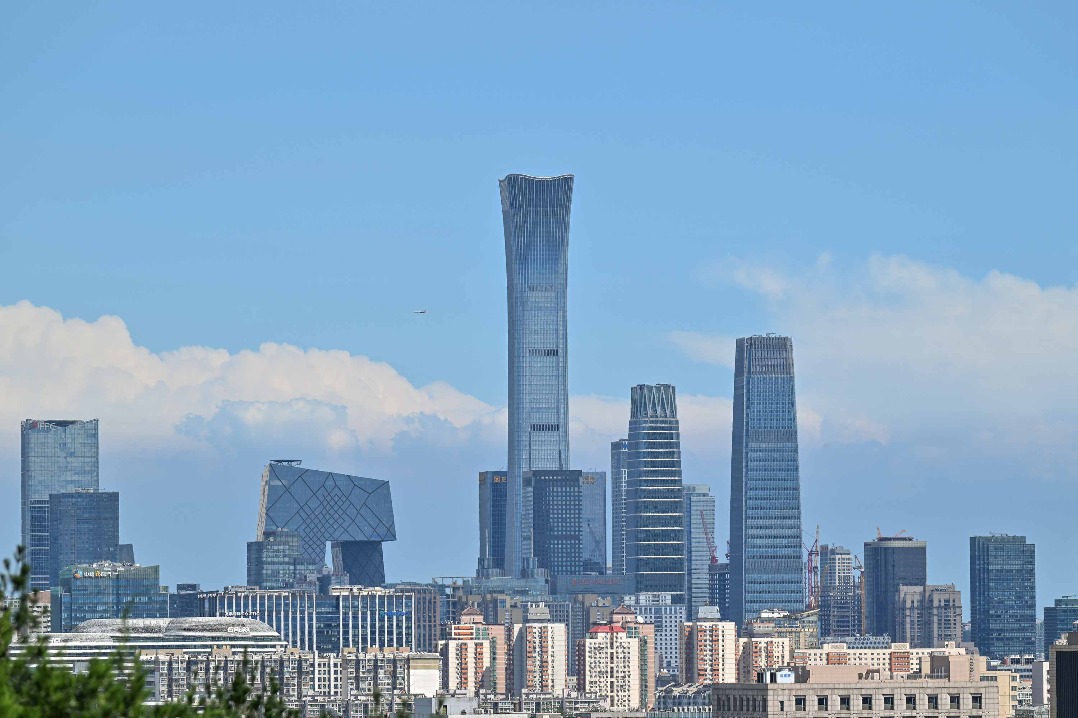Luxury retail company The Bicester Collection reports strong growth


One-stop luxury shopping destination developer The Bicester Collection has maintained growth momentum in China.
Bicester Village Shanghai recorded a 105 percent increase in footfall and 95 percent sales increase in the first half of this year; and 56 percent and 85 percent respectively for Bicester Village Suzhou. Its exceptional performance is attributed to an unwavering commitment to provide "unreasonable hospitality" — going above and beyond customer expectations to provide a VIP service — and strong partnership with brands.
According to Desiree Bollier, chair and global chief merchant of The Bicester Collection, there is a growing desire for people to unwind and explore the outdoors in the aftermath of the pandemic lockdowns.
The Bicester Village Suzhou and Bicester Village Shanghai offer an oasis that is clean, safe and appealing to individuals and families of all ages and backgrounds, the company said.
Operating in China for nearly 10 years, Bicester Village Shanghai and Bicester Village Suzhou have evolved their offerings and emphasize "unreasonable hospitality" — a concept originally coined by Will Guidara, who led Eleven Madison Park in New York to The World's Best Restaurant, awarded by The World's 50 Best Restaurants Academy, in 2017.
Each of the Villages in China combines an expertly curated brand mix with an obsessive attention to detail and a relentless focus on hospitality.
Bicester Village Suzhou and Bicester Village Shanghai are not just luxury shopping destinations offering worldwide known brands; they are a platform that combines entertainment, art exhibitions and culinary adventures all in one place.
"When we talk about 'unreasonable hospitality', it means exceeding customer expectations and providing something beyond what they are anticipating," Bollier said.
So far, the two Villages' efforts in enhancing customer experiences have proved successful. According to Bollier, their commitment has resulted in an exceptionally high customer satisfaction rate, demonstrated by the impressive Net Promoter Score the brand has attained.
"In a department store, customers usually spend an hour. In our village, it is on an average between 4.5 to five hours," Bollier said. "It's a day outing and holiday (for our customers). They come, relax, enjoy food, shopping and accompany their kids."
In addition to enhancing consumer experiences, the cultivation of strong partnerships with brands is another key factor in its success in the challenging but favorable Chinese market.
Rather than serving as landlords, The Bicester Collection positions itself as "a retailer servicing retailers" to extend the lifecycle of products and to complement brands' full-price stores.
Under this business model, The Bicester Collection is not only a major customer acquisition channel for brands but a service provider. In addition to attracting customers, The Bicester Collection provides services that include creating settings that meet the standards of the brands' flagship stores, visual merchandizing, conducting staff meetings, developing price strategies, providing staff training and maximizing sales.

To date, Bicester Village Suzhou and Bicester Village Shanghai each host more than 200 brands, including a number of "first outlet stores" in China. Encouraged by this performance, some brands such as fashion labels Lululemon and Max Mara even upgraded and expanded their stores.
Looking ahead, Bicester Village Suzhou and Bicester Village Shanghai will continue to strengthen their positions as one-stop luxury shopping destinations with "unreasonable hospitality".
It is also seeking to attract more brands, particularly those looking to establish their first stores in China or regionally.
"We have 20 new stores this year in Suzhou and 15 new stores in Shanghai. Our philosophy is to add newness every year," said Bollier.
The Bicester Collection is also looking to expand to other locations in China. "We are looking for (the opportunities). But it needs to fit our criteria. It needs to be within a city with great connectivity," Bollier said.
"We need to really make sure that we are going into places that make sense for us, for the customer and for the brand, because the brands themselves have their own strategy."




































